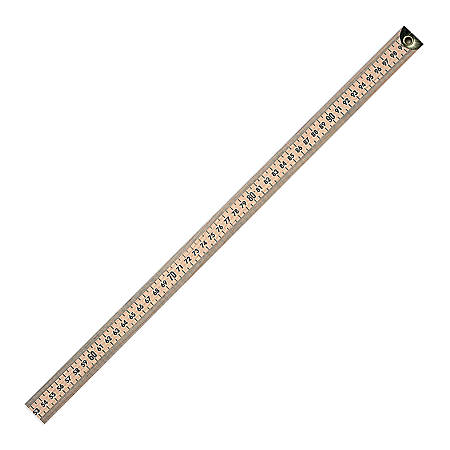The tool we use to measure temperature is a ___________________________
Thermometer
What is the mass of this object? Include Units!
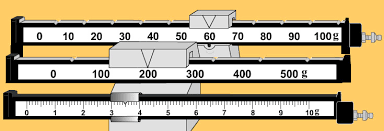
263.5 grams
200 cm = ___m
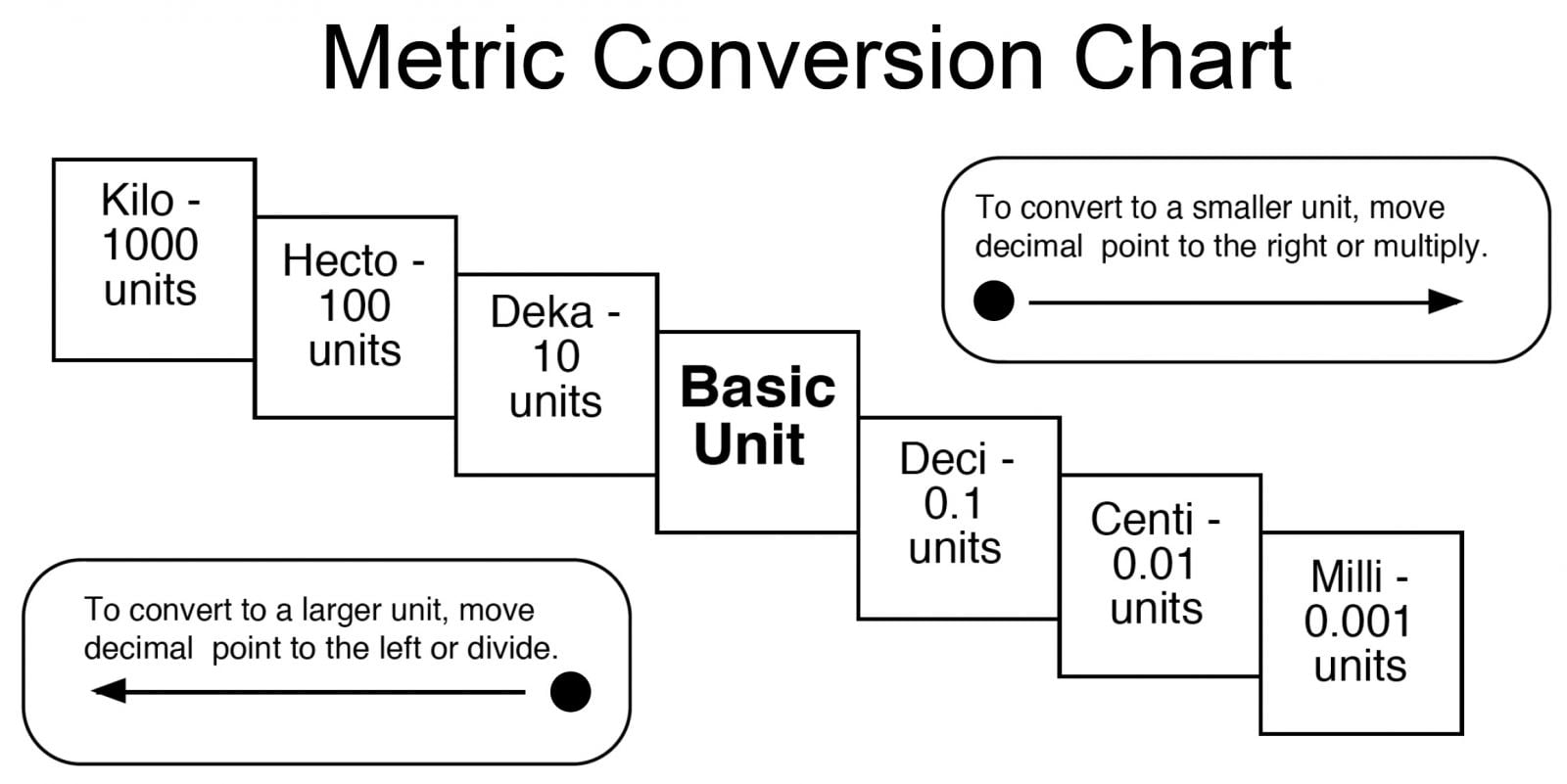
2 m
The variable that changes, the thing that is different in each group, what the scientist is actually testing
Example- Type of fertilizer
Independent Variable
A strong science answer has this many parts: ____
3
The tool we use to measure mass is a ______________ ____________ _____________

Triple Beam Balance
What is the volume of this box? (cm)
200 cm2
0.5 m = _____cm

50 cm
The variable that the scientist is measuring or recording, the numbers that they will put into the data table.
Example: Number of leaves on the plant and height of the plant
Dependent Variable
This part of a science answer includes the data, or the actual numbers, that the scientist is using to back-up their claim.
Evidence
What's this called?
Meter Stick
What is the Volume of this rock?

5 ml or 5 cm3
500 ml = _____ L

0.5 L
The group that does not include the independent variable, nothing is done to the group, or the "normal" thing is done to this group.
Example- One plant gets no fertilizer
Control Group
Which shape has the greatest surface area?
A. Triangular Prism
B. Cube
C. Pentagonal Prism
D. Hexagonal Prism
D. Hexagonal Prism
What is this called?

Graduated Cylinder
5 °C = _____ Fahrenheit
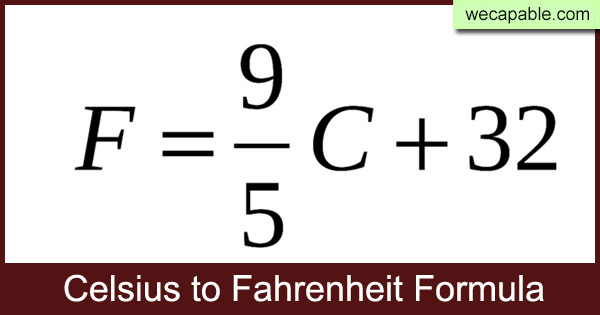
41 °F
6.35 kg = ______g

6,350 g
Things that are kept the same to make sure the experiment is a "fair test", so that all the groups get everything equal except the independent variable.
Example: Same amount of water, same amount of sunlight, same type of plant
Constants
The part of the CER that states what the answer the scientific question is in simple terms.
Claim
What are these called?
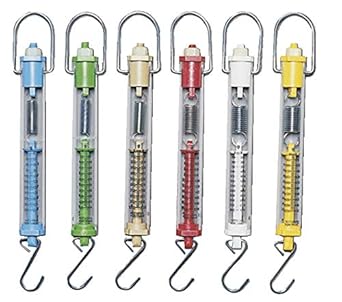
Spring Scales
What is the Density of Sample A?
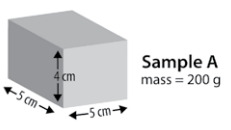
2 g/cm3
2,000,000 mm = ______ km

2 km
What is the independent variable in this experiment?
What shape is the most efficient shape for a bee to build a honeycomb out of?
Shape
This is the part of a CER that explains how the evidence explains the claim.
Reasoning

